20+ Years Experience
Specialist Business Insolvency Company

Director redundancy can be an important topic for insolvent companies.
A director can only get laid off if a company undergoes a voluntary liquidation process like Creditors’ Voluntary Liquidation (CVL).
Directors cannot get redundancy pay if a limited company is struck off or dissolved using the DS01 form.
However, putting the same limited company into a CVL means company director redundancy pay becomes available.
As an employee of the company, the director can get redundancy pay and other statutory benefits when a financially stable company goes bankrupt.
Other statutory payments, such as holiday pay and unpaid wages, may be included, as with any other employee.
Since directors are considered employees, they are entitled to claim redundancy pay similarly to most employees.
But director redundancy pay depends on several things, and not every claim for redundancy will be valid.
Directors of a company can get statutory redundancy payments if the company shuts down or goes bankrupt.
They must make a redundancy claim for the pay and other statutory entitlements. These are all paid to the director directly and are based on various eligibility criteria.
These payments are often enough to stop the director from struggling financially and can take creditor pressure off if they have debts to pay.
If liquidation is the only option, licensed insolvency practitioners must take care of major debts (such as HMRC) first and foremost.
A director of a limited company that has been trading for over two years (and is closing due to financial reasons rather than at the director’s whims) can usually claim redundancy payments. This redundancy claim can include other entitlements, but many company directors do not realise this.
If you meet the specific criteria to make a redundancy claim, you can try to claim the money from the National Insurance Fund through the Redundancy Payments Service.
A valid claim is tax-free and can be arranged via a liquidator or online.
You can claim a director redundancy payment if you have been:
Employed for at least two years (including written, oral or implied employment) rather than just influencing the company from afar. This often means having a regular salary paid.
Working at least 16 hours per week for the majority of your service provided to the company.
Being owed money by the company, such as investing money or arrears of the PAYE scheme.
IR35 directors, including those from single-person companies, can claim statutory redundancy if eligible.
However, IR35 redundancy claims still require working under a contract of employment for two or more years – and these years have to be continuous and backed up with a regular salary.
Your redundancy payment changes depending on multiple factors, such as your length of service and current age. The rate of gross weekly pay (when the company goes insolvent, capped at £571 per week) and the length of service time (capped at 20 years) are the primary details used to calculate your redundancy payment.
Employees owed money by an insolvent company will become preferential creditors, meaning they get “served first”. You may also be able to claim salary and holiday pay (and unpaid wages, such as PAYE arrears, if you have any).
Note that this information needs to be clear to be used as evidence of your director redundancy pay. The PAYE system needs to be checked, the length of service has to be proven, and your employment contract has to be inspected. Be sure to have this information ready when you think you need it.
Making sure you qualify for director redundancy payment is the first – and most important – step. Being assessed by an outside firm is the best way to check a director’s status on whether they are entitled to redundancy pay.
Some outside firms, such as ours, can make it much easier to claim your statutory entitlements, such as notice pay. Getting in touch with us as soon as possible is the best way to ensure that you get paid properly by an insolvent limited company.
We can help you claim director redundancy from an insolvent limited company.
A licensed insolvency practitioner is the best place to turn if you need your redundancy payment, do not know how to make a claim, or do not trust yourself to do it correctly.
Director redundancy is partially based on age. This can heavily influence the money you get from the National Insurance Fund. For example:
Under 22 years – Half a week’s pay for every year of service
Between 22 and 40 years – One week’s wages for every year of service
41 years and beyond – One and a half weeks’ wages for every year of service.
With salary and holiday payments, company directors can claim a maximum of eight weeks of unpaid wages and up to six weeks of holiday pay for days that were not taken.
With notice pay, company directors are entitled to get payment instead of notice – meaning they were not given any notice for their employment ending.
The first £30,000 of redundancy is tax-free, but this does not apply to other elements of your payment package. This means you get untaxed money from the company solely through redundancy rather than holiday or notice payments.
These other elements are taxed as normal wages, and that is not something that an insolvency practitioner can change.
Remember that debts are also paid by the Insolvency Act of 1986, which can be relevant after compulsory liquidation.
While the final decision on potential insolvency may not be yours, the average claim can still be worth making.
An insolvent company can give a director plenty of redundancy money to live off for a while.
To do this, you need a licensed insolvency practitioner that you can trust – and the service provided by our experts makes us one of the best places to turn.
If you want to claim director redundancy payments, get in touch and let us know what you need.
We can help you set up a claim that will support you long after the company’s liquidation.
Here are some other informative articles about business debt in the UK:

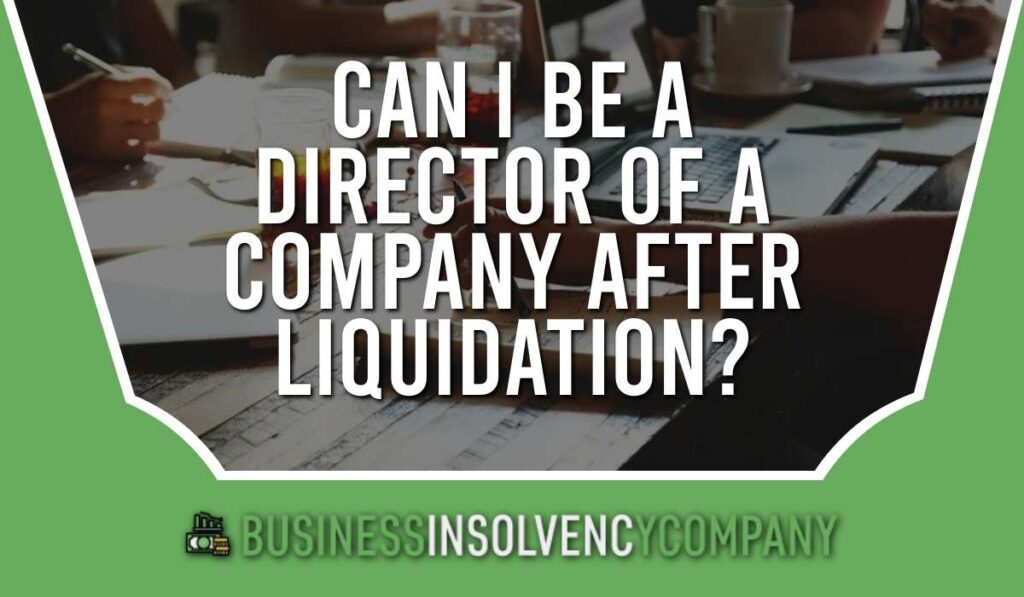







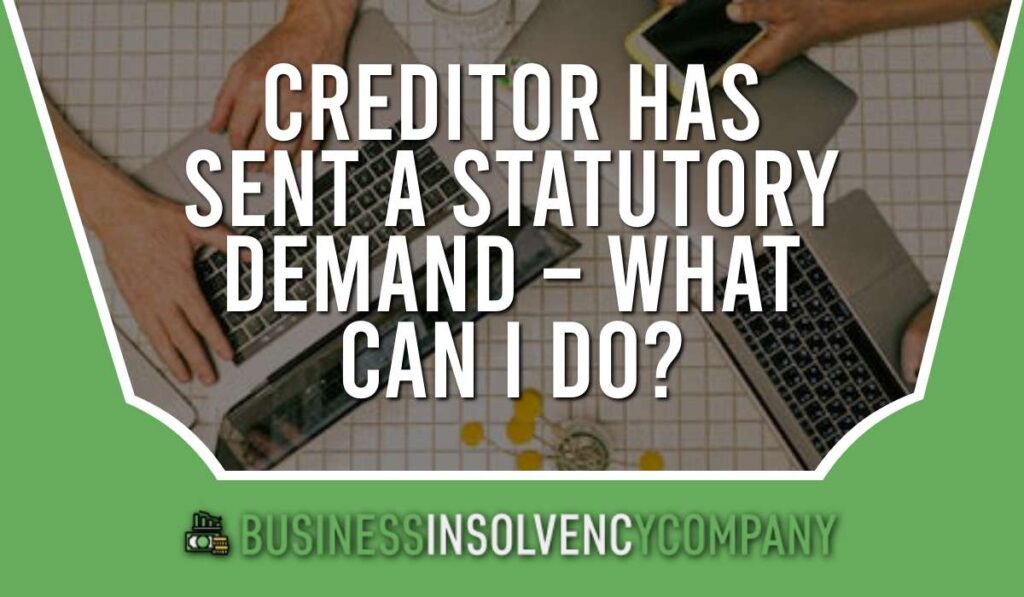
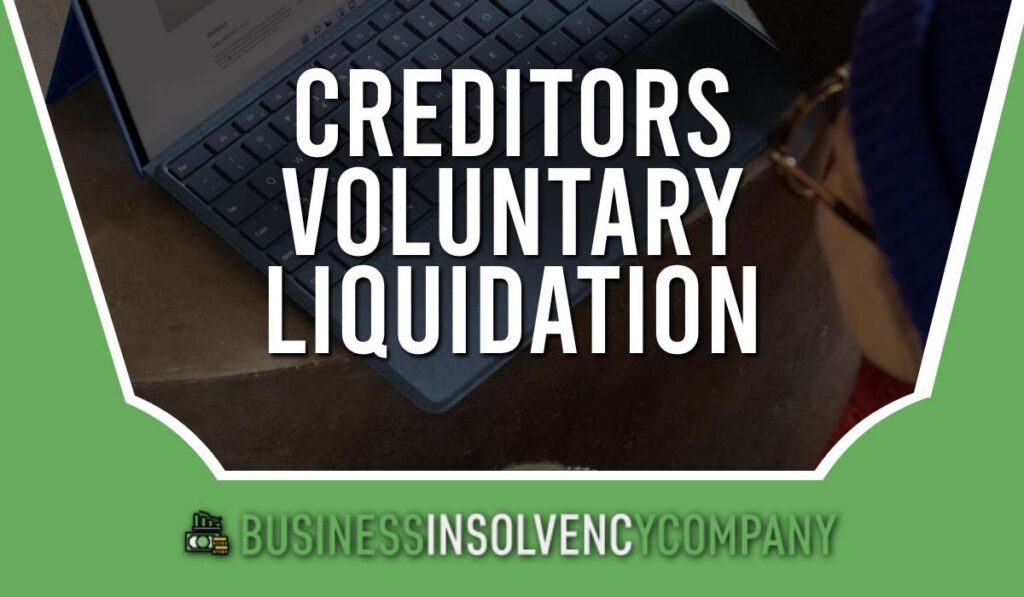
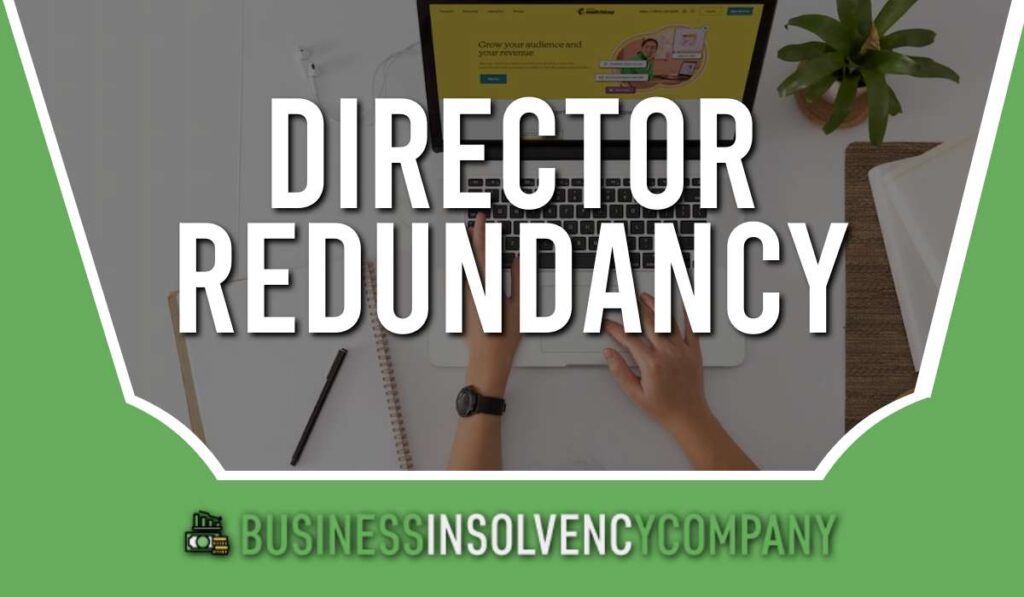

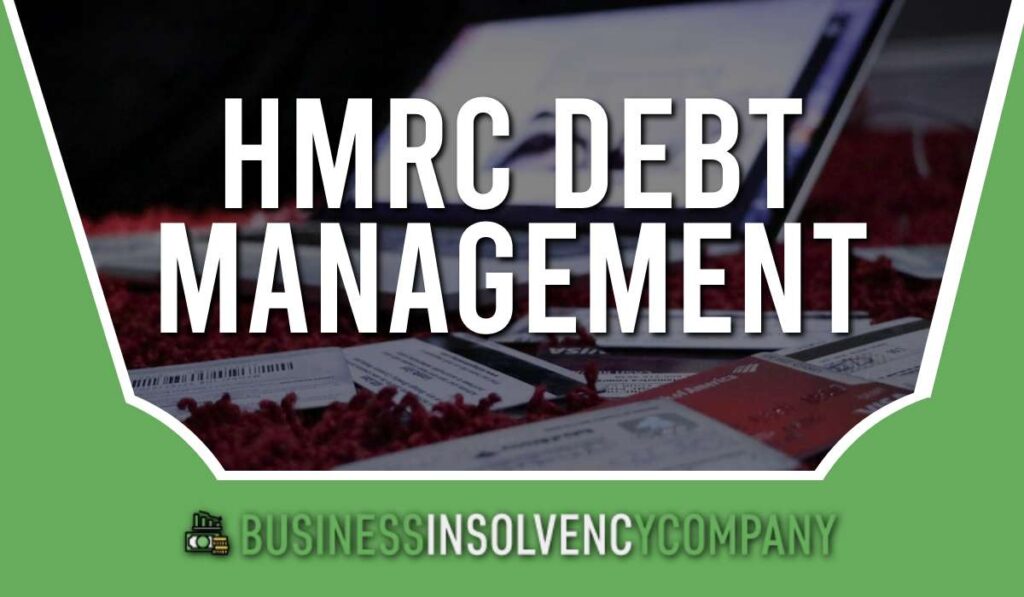

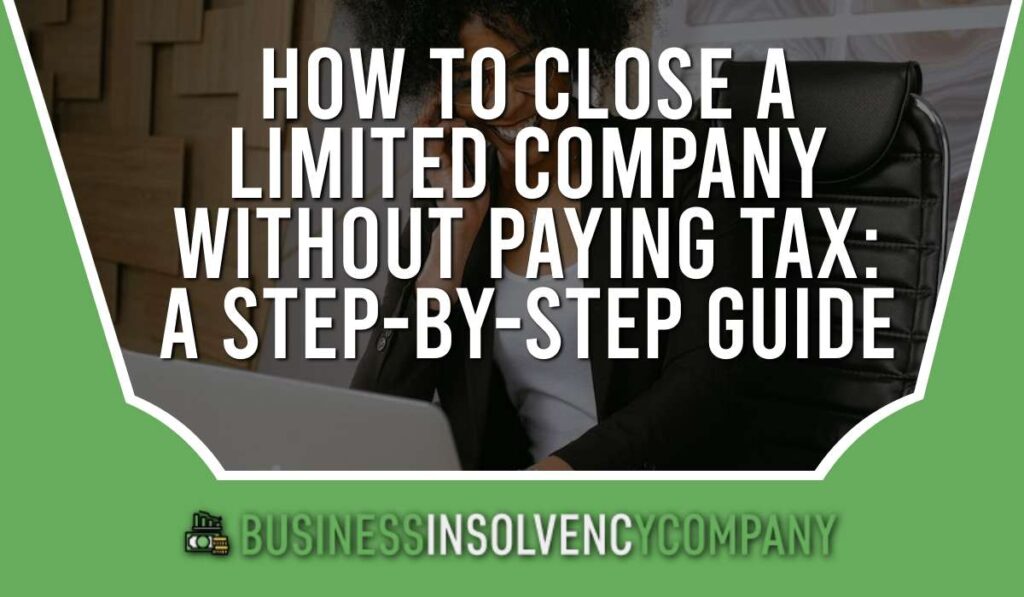
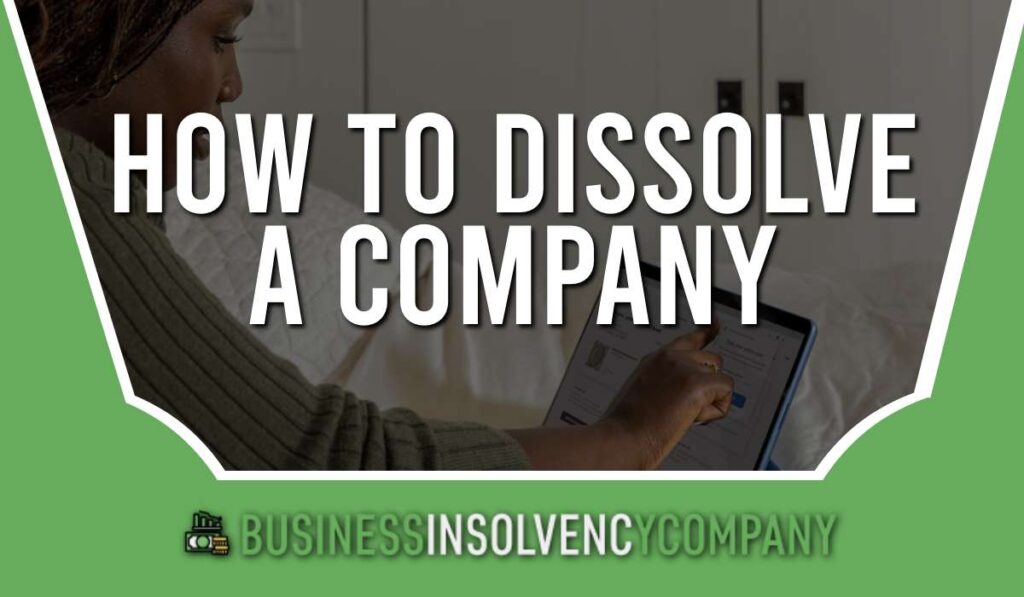










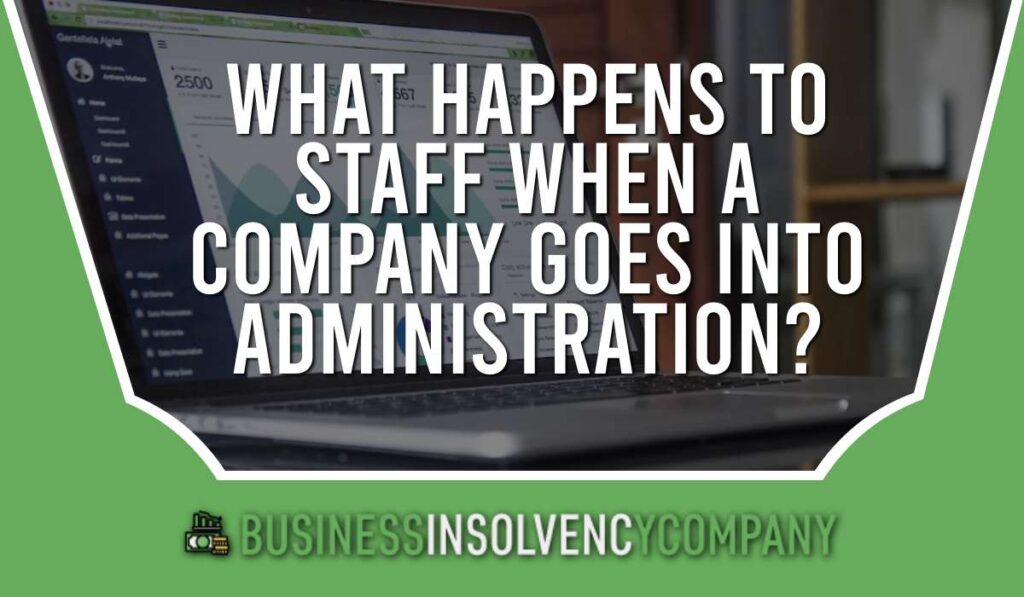





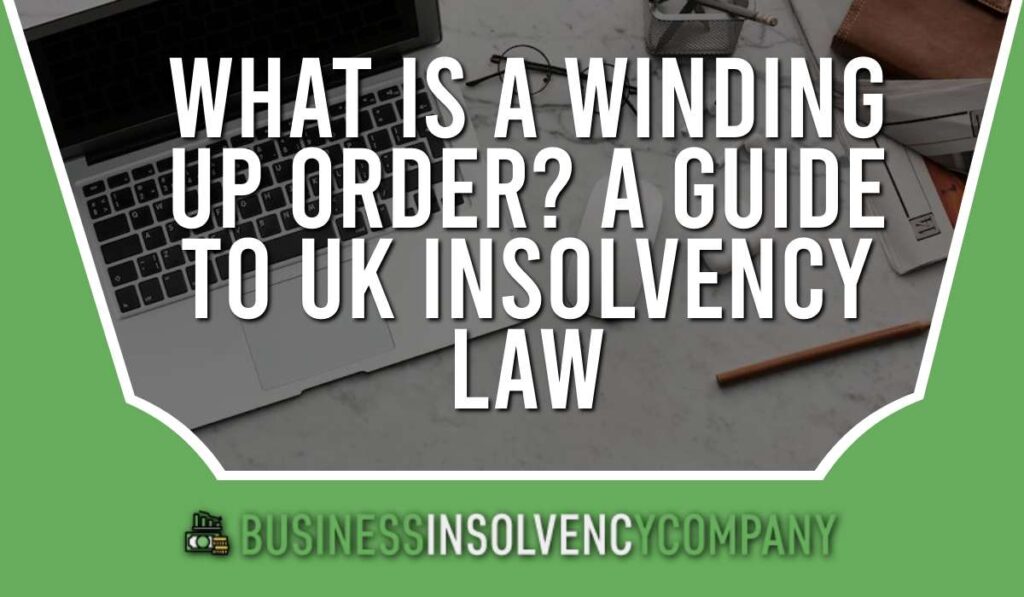




We Aim To Reply To All Enquiries With-in 24-Hours